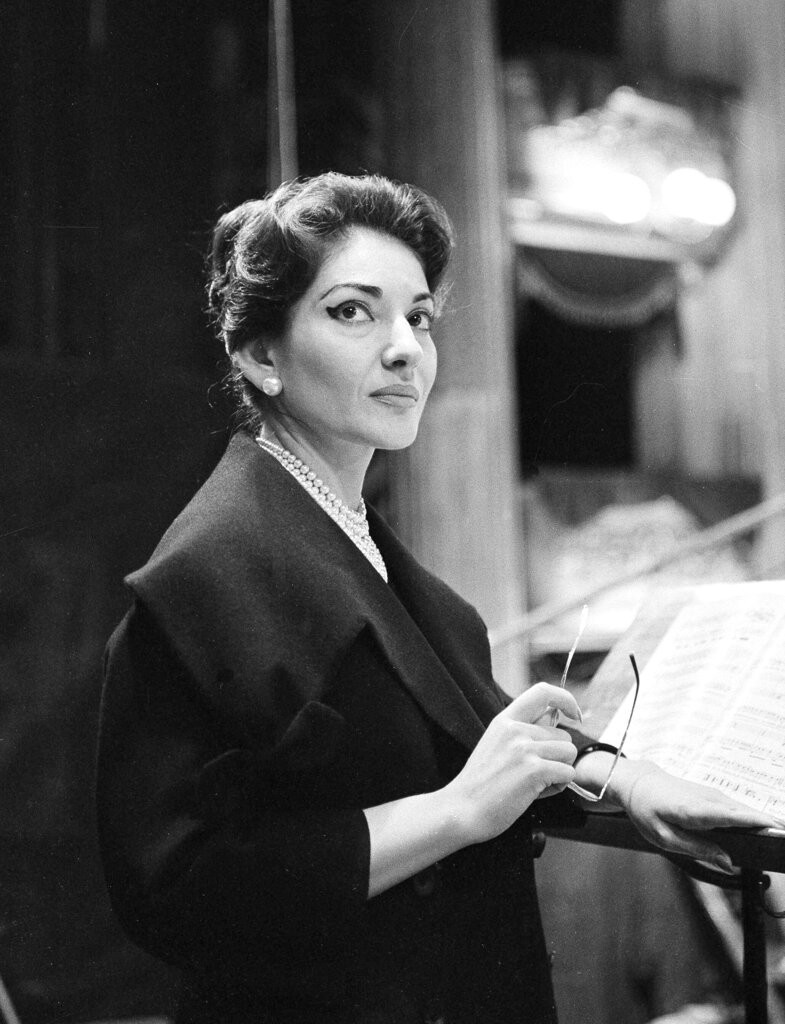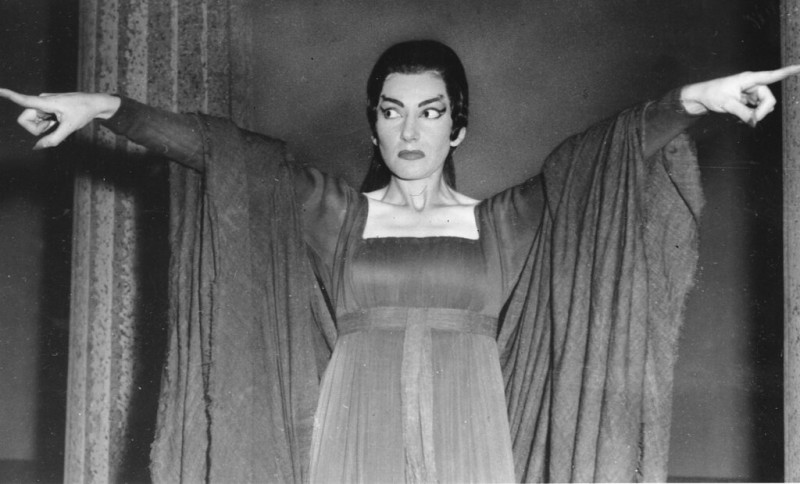It is about the personality that had the absolute brilliance of the top, Maria Callas was the opera…
Maria Callas she was the leading Greek high voice, the absolute diva in the field of lyrical theater. More than any other lyric artist of the 20th century, the Greek Maria Kallas dominated and changed the course of opera forever. With her unique vocal and acting skills, she renewed opera and its repertoire, especially the Italian “bel canto”. He passed away on the morning of September 16, 1977 from a heart attack, at the age of 54.
She was a hard worker and didn’t stop until she felt she had reached her maximum potential. Maria Callas was the ultimate diva. Her stage presence combined with her warm temperament enchanted the audience wherever she appeared.
Her musical training, the originality of her performances – with her ability to create characters, penetrate deeply and essentially become the role herself – and her absolute command of the audience were undeniable. The singer who revived the forgotten “bel canto” repertoire, the performer who turned the stage into an exciting spectacle and true theater, the personality who had the absolute brilliance of the top, Maria Callas was the opera.
In 1940 she was hired by the Lyric Stage of the then Royal Theater and in 1941 she made her debut as “Beatrice” in the operetta Boccaccio by Supe. Then and until 1945 he starred in Tosca (1942, 1943), in D’Albert’s Campo (1944, 1945), in Cavaleria Rusticana (1944), in Manolis Kalomiris’ Protomaster (1944, the only Greek work he sang), in Beethoven’s Fidelio (1944) and the operetta The Beggar Student by the Viennese composer Karl Mielecker (1945).
On August 24, 1960, Maria Callas performed Vincenzo Bellini’s Norma at the Ancient Theater of Epidaurus, a work she had requested for her first appearance at the ancient theater. He never missed an opportunity to relive the drama and passion of the heroine. As she sang the aria “Caste Diva” two white doves were released into the orchestra, causing a storm of applause. In the end, the audience’s enthusiasm was so great that they called Callas 10 times on stage.
In January 1964, Maria Callas was persuaded by Franco Zeffirelli to participate in a new production of “Tosca” on the Covent Garden stage. The performance is praised by the critics, while a new artistic triumph follows in the same year at the Paris Opera with “Norma”.
“Vissi d’arte, vissi d’amore”(I lived for Love, I lived for Art), we hear Maria Callas say heartbreakingly and proudly in the opera “Tosca” by Puccini. It is no coincidence that Callas always made sure to enter into emotional and love relationships with several, even much, older men, who even happened to be dynamic, sometimes even domineering, personalities.
Meneghini, a paternal figure and twenty-eight years her senior, will contribute the most to the transformation of Maria Sofia Anna Kaikilias Kalogeropoulou, as her real name is, into Maria Callas. However, her love affair with Aristotle Onassis was the one that went down in history.
Maria Callas passed into eternity on September 16, 1977 in Paris.
Source :Skai
I am Frederick Tuttle, who works in 247 News Agency as an author and mostly cover entertainment news. I have worked in this industry for 10 years and have gained a lot of experience. I am a very hard worker and always strive to get the best out of my work. I am also very passionate about my work and always try to keep up with the latest news and trends.












